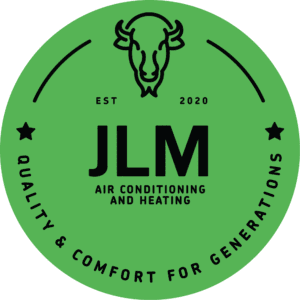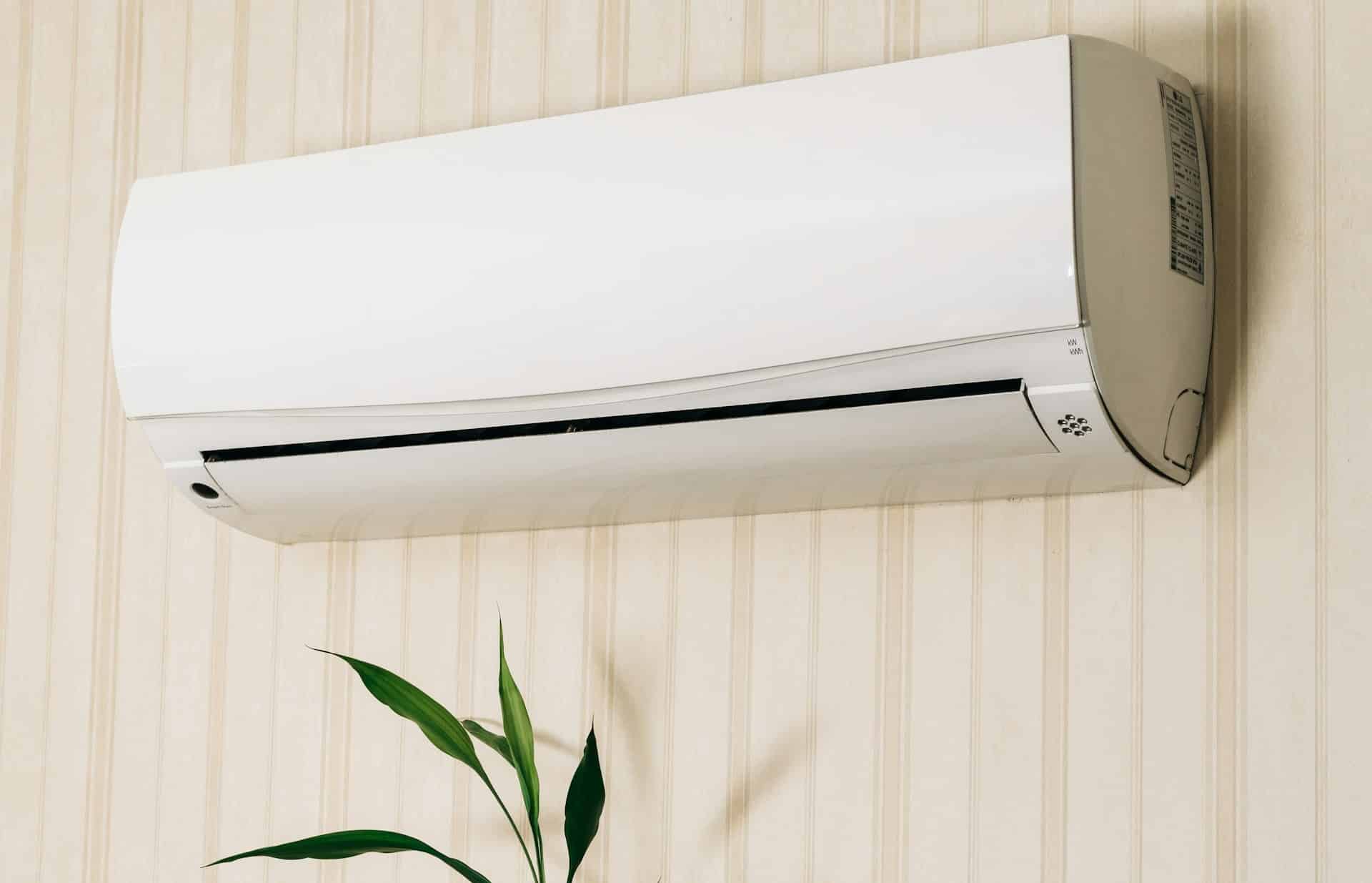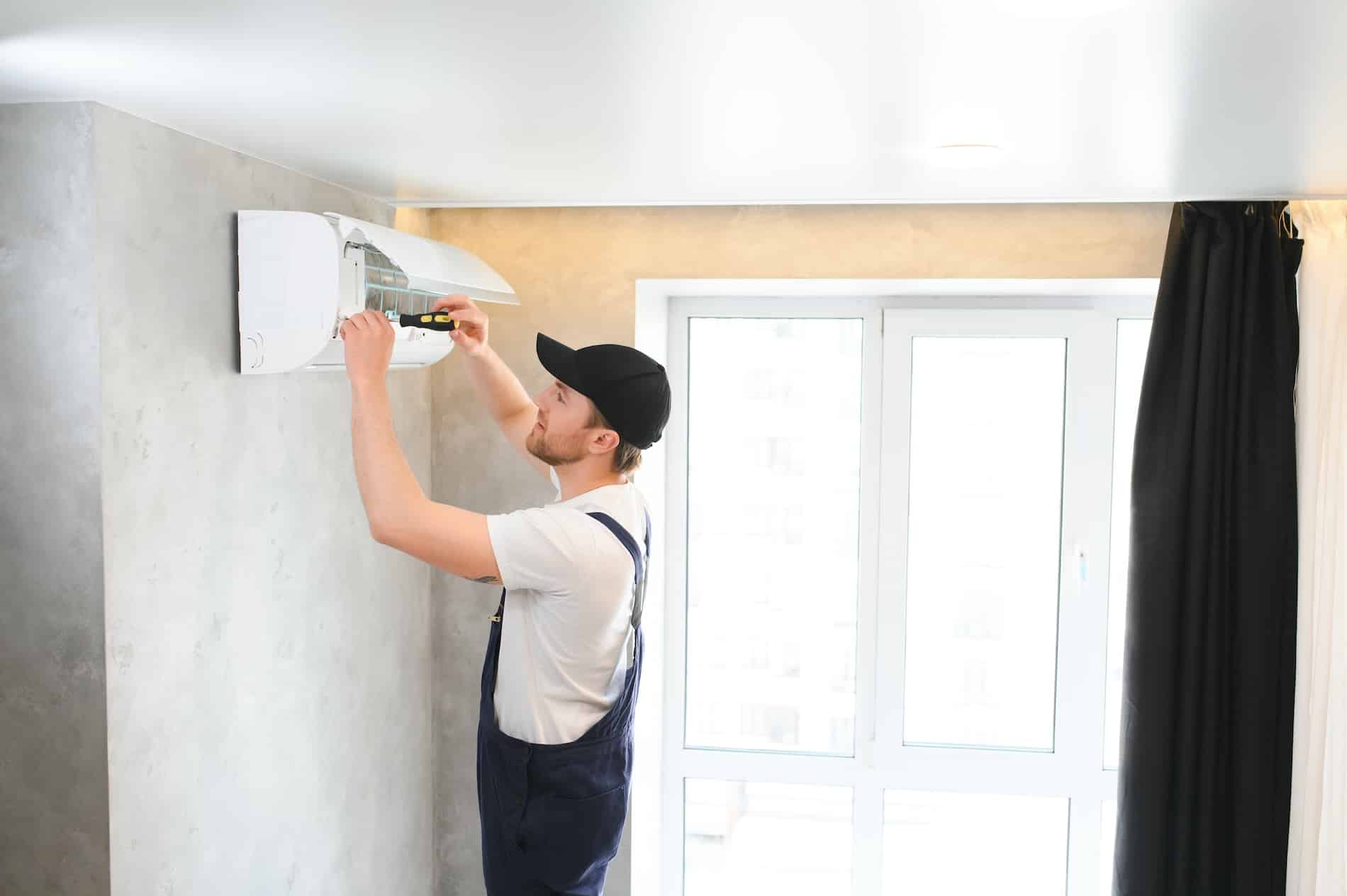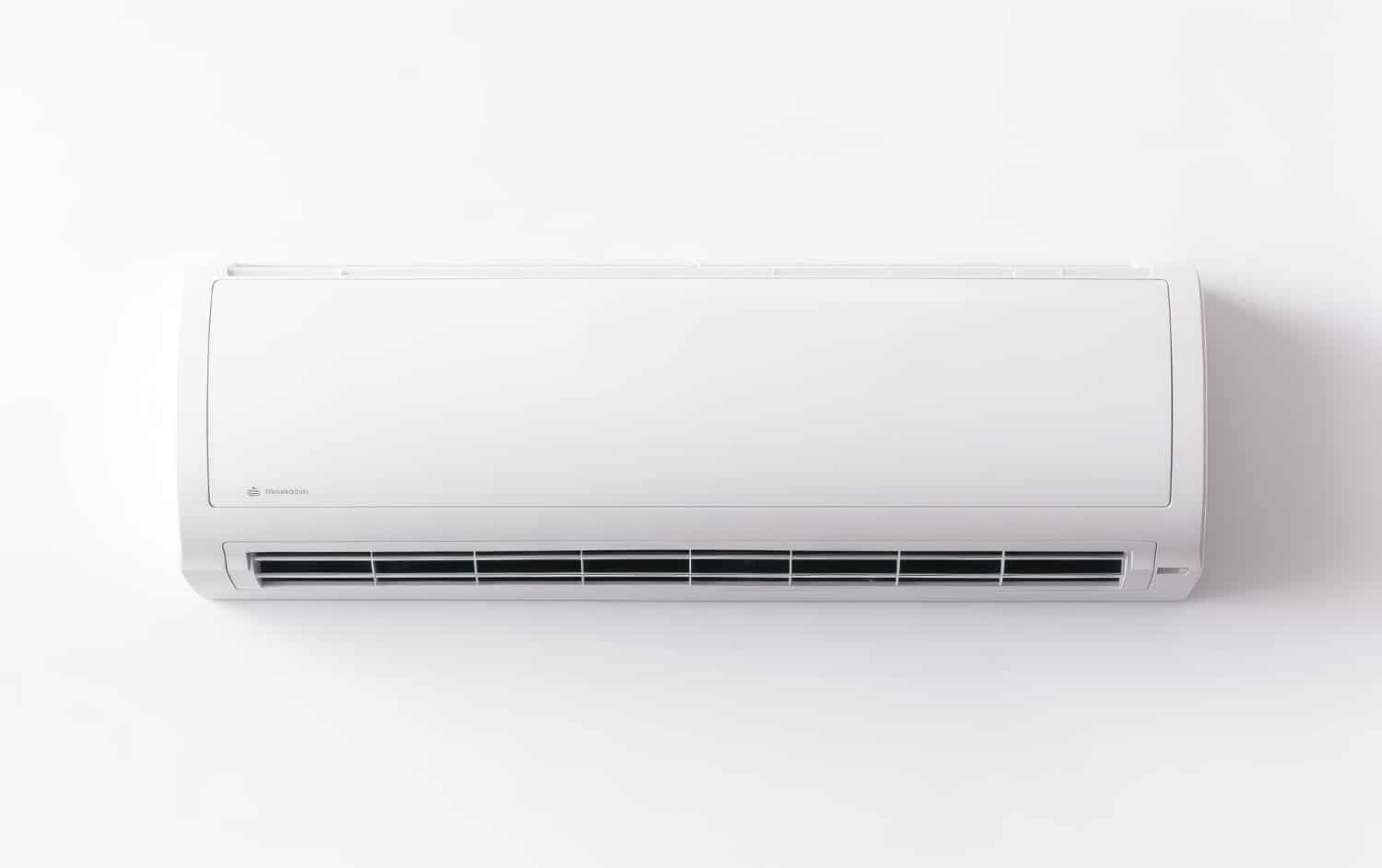When summer hits Mesa full force, the last thing anyone wants is their AC giving out. The heat doesn’t just feel uncomfortable. It can turn your home into a miserable place, especially during multi-day heat waves. A cooling system that runs fine during milder weather can end up failing when temperatures stay high for days. That’s usually when people realize just how important their AC really is.
Some of the most common issues during these intense stretches include systems blowing warm air, constant short cycling, or completely shutting off. These problems aren’t just annoying. They’re signs that something’s going wrong inside the unit. Keeping your AC going strong during a heat wave takes more than luck. Below are a few reasons your system might struggle and what can be done about it before things get worse.
Overworking the Unit
When outdoor temperatures stay high for days, your AC doesn’t really get a break. It has to work harder and longer to try and cool down your home, especially in a place like Mesa where the sun can feel relentless. This constant strain can push the system beyond what it’s built to handle, especially if it hasn’t been checked or maintained in a while.
There are a few warning signs your AC might be overworked:
– The unit runs all day but the house never really cools off
– Air coming from the vents feels weaker or warmer than it should
– Rooms farthest from the AC seem hotter than normal
– Unusual noises, like buzzing or rattling, start to happen more often
– Your energy bill suddenly spikes with no changes in usage
These signs mean your system is trying to keep up but can’t. Skipping regular service checks or not replacing air filters on time makes the problem worse. When the filters are clogged, airflow drops. That makes the system work harder to push cool air through, which ends up putting even more stress on the parts.
Routine inspections and tune-ups allow small problems to be fixed early. Technicians can test performance, clean vital components, and spot parts that are wearing out before they break. In a place like Mesa, where the AC might be running most of the year, small preventive steps help avoid a complete breakdown when you need it most.
Refrigerant Leaks
Refrigerant plays one of the biggest roles in how well your AC can actually cool your home. Without enough of it, the system can’t absorb heat properly, no matter how long it runs. Once the level drops due to a leak, performance falls off pretty fast.
Leaks can happen slowly over time, or they can be caused by damage to the coils or connections. Either way, it doesn’t take long for your house to start feeling warm again. You might start to notice the AC blowing out air that’s not as cold as it used to be or constantly running without ever cooling the space.
These are a few signs of a possible refrigerant leak:
– Warm air blowing from the vents even with the AC on
– Ice building up on the outdoor unit or copper lines
– Hissing or bubbling noises from the AC
– Sudden increases in run time without better cooling
– Higher humidity levels inside the home
Fixing a leak isn’t just a matter of topping off the refrigerant. The system has to be inspected to find the source of the leak, sealed properly, then recharged to correct pressure levels. This should always be done by a trained professional. Adding more refrigerant without repairing the leak is just a temporary fix and may cause more damage in the long run. Letting the leak go unresolved can lead to the compressor failing, which usually means a major repair or full system replacement.
If any of the signs above start popping up, it’s time to have things checked before that small issue turns into a bigger one under the Mesa sun.
Dirty or Clogged Components
Mesa’s dry, dusty air can take a toll on an AC system fast. One of the most common reasons for a unit to lose power or performance, especially during triple-digit days, is dirt buildup. A thick coat of dust on the outdoor condenser or clogged filters inside can shut things down more quickly than you’d expect.
Your AC relies on free airflow and clean surfaces to move heat efficiently. When parts are dirty, the system can’t breathe right. The condenser coil, for example, expels heat pulled from your home. But if it’s coated in grime, it can’t release that heat as effectively. That makes your AC work longer and harder to reach the same temperature, if it can get there at all. The same goes for evaporator coils inside, which can freeze over and cause serious performance drops when dirty.
Air filters tell part of the same story. If your filters are clogged, air can’t move well through your vents. This leads to uneven cooling or low airflow altogether. During a Mesa heat wave, that’s the last thing you want. Some people notice that one or two rooms in the house stay much warmer than the rest, which often points back to airflow issues.
It doesn’t take complex tools to see if there’s buildup outside. Leaves, dust, and yard debris can pile up around the base of the unit. Inside, it’s harder to inspect without the right tools, which is why regular checkups matter so much in hot, dusty areas. Technicians have the gear to safely clean coils, replace filters during visits, and spot early signs of trouble.
Keeping the system clean helps avoid bigger issues. And during peak summer when your AC has zero room for error, skipping out on those small cleanups can turn into a real problem.
Electrical Issues Can Cut Cooling Fast
Your AC might be running fine one moment, then shut off without warning the next. Often this doesn’t mean the entire unit has failed. It could be as simple as an electrical connection starting to break down. Wires can loosen over time, relays might stop working from wear, or fuses could blow under too much load. These types of electrical problems aren’t easy to diagnose from just looking at the exterior of the unit.
Heat plays a big part here too. Mesa’s high temperatures can cause connectors and wires to expand and contract, especially in older systems. Over time, this weakens connections and increases the chance of shorts or power losses. Combine this with the extra energy demand placed on the system during heat waves, and suddenly that minor wiring issue becomes a full system failure.
Some signs that point to electrical issues include:
– AC unit turning on and off randomly without completing a full cooling cycle
– A burning smell near the vents or the outdoor unit
– No power at all to the thermostat or control panel
– Buzzing sounds that weren’t there before
– The fan runs, but there’s no cool air
These types of problems can’t be solved by flipping the breaker or resetting the thermostat. A professional should always handle electrical inspections and repairs. Attempting to fix it without training could damage the unit—or worse. Rather than gambling with repairs during a Mesa heat wave, it’s smarter to have someone check the electrical health of your AC before more damage is done.
Stay Cool and Comfortable in Mesa
Mesa summers are no joke, and your AC works hard to get you through them. If your system’s been losing power, running nonstop, or not producing cold air, there’s a decent chance it’s facing one of those common problems—like a refrigerant leak, dirty coils, overworked parts, or electrical trouble. These signs don’t just surface out of nowhere. They build over time, and regular upkeep goes a long way in keeping everything running steady and cool.
Maintenance may not seem super urgent when things appear to be working, but it’s the best way to avoid emergency breakdowns when you least expect them. Preventing issues means keeping a close eye on the parts that tend to wear out when heat stress is high. That one weak spot in the wiring or one dirty coil can throw off the whole system. Taking care of your AC before peak heat returns can make the difference between a cool home and a sweaty struggle through the summer.
If your AC has been acting up during Mesa’s hottest days, don’t wait for things to get worse. Regular maintenance can help you avoid uncomfortable breakdowns and costly repairs. At JLM Air Conditioning and Heating, we’re committed to keeping your home cool when it matters most. Learn how our air conditioning repair in Mesa can keep your system running smoothly all summer long.



